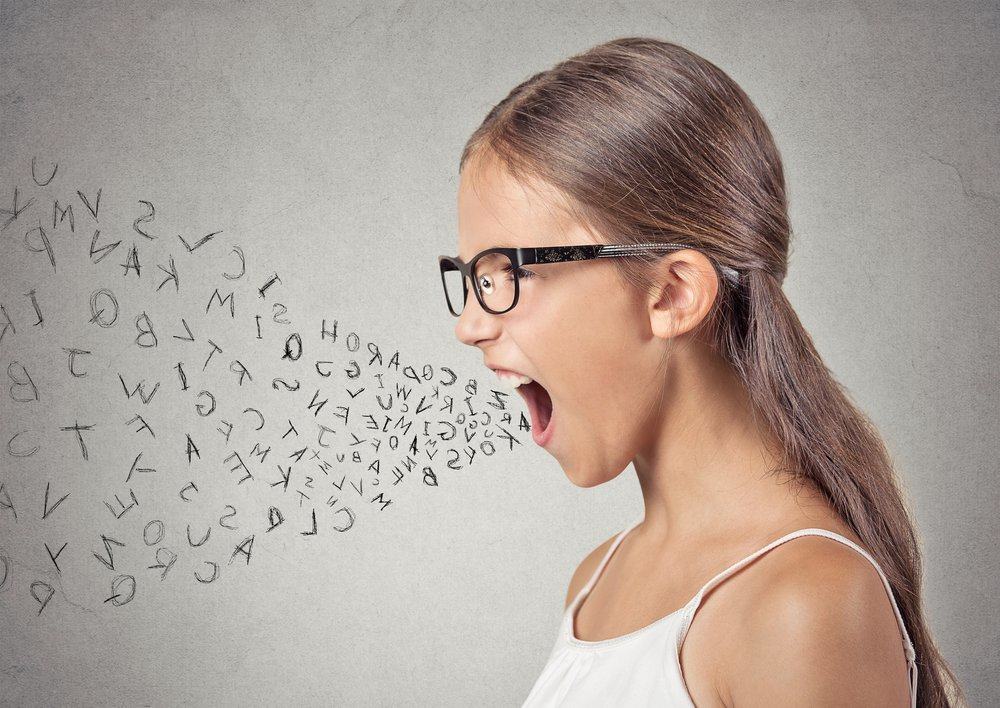Contents:
- Medical Video: How much water should you drink a day?
- Drinking too much water can disrupt the ion balance
- Symptoms that occur in the body when "water poisoning" due to drinking too much
- What causes a person to become overhydrated?
- 1. Drink lots of water on purpose
- 2. Drink too much water by reason of preventing dehydration
- 3. The desire to drink water due to disease conditions
- 4. Having schizophrenia
- 5. Other medical conditions
- How to deal with overhydration
- What is the maximum limit of water intake in a day?
Medical Video: How much water should you drink a day?
As we know, most of our body consists of H fluid2O so it is very important for the body to have enough water content. Water is present in the bloodstream, filling cells and cavities between cells. The body also regulates the expenditure of water to maintain balance. However, what happens if the body contains too much water?
Drinking too much water can disrupt the ion balance
In fact, not all of the water we drink has ions needed by the body, while ions often come out with sweat in the form of salt. Consumption of too much water, without the added balance of salt intake from food and beverages, will reduce the salt concentration in the blood. The concentration of salt in the bloodstream itself is needed to maintain blood pressure, work muscles and nerves to stay normal. Salt in the blood also affects the work of the kidneys in regulating water storage and preventing the body from storing too much water.
The concentration of normal salt in the blood ranges from 135-145 mmol / liter. Consumption of too much water can reduce blood salt concentrations to around 115-130 mmol and trigger various decreases in blood function because it becomes more fluid.
Symptoms that occur in the body when "water poisoning" due to drinking too much
Drinking too much water in a short time can lead to water poisoning or overhydration. This condition begins with storing water in the body because the kidneys cannot regulate water, due to an ion imbalance. Water that cannot be re-absorbed is absorbed in the bloodstream, and eventually the body that stores too much water causes enlargement of various cells of the body so that it disrupts the function of the cell itself.
If cell enlargement occurs in brain cells, this can cause pressure in the skull to increase. This triggers various initial symptoms of water poisoning such as headaches, nausea, and vomiting. Symptoms can develop into a temporary decrease in cognitive function such as feeling confused, having difficulty thinking, and experiencing disorientation.
In more serious cases, water poisoning also causes muscle cramps and difficulty breathing accompanied by failure of brain function. Serious brain swelling can also occur due to cells storing too much water, causing seizures and even death.
What causes a person to become overhydrated?
It is very difficult for someone to consume too much water accidentally, because water cannot cause addiction. However, there are several reasons why someone drinks too much water and causes an overdehyde condition.
1. Drink lots of water on purpose
It was previously recorded where someone drank so much water to win a contest or game. Unwittingly, excessive water consumption causes poisoning and ultimately causes death.
2. Drink too much water by reason of preventing dehydration
This condition is often experienced by athletes or soldiers while undergoing training with heavy physical activity. But precisely this can lead to overdehyde. This is because when experiencing stress, the body has its own mechanism to regulate the discharge of fluid by secreting antidiuretic hormones, so that the body can store more fluids, and consumption of excess water will only make the condition overhydration.
3. The desire to drink water due to disease conditions
This can occur in individuals who have diabetes or are undergoing treatment with side effects that trigger dry mouth. The desire to drink or thirst is not a sign when the body has a lack of fluids but only the body's response to interference, and drinking too much water can still trigger overhydration.
4. Having schizophrenia
Schizophrenia is a psychiatric condition that causes a person to have difficulty stopping doing something, including one of them consuming water. If this happens it will be very dangerous for people with schizophrenia because they are unaware and cannot stop water consumption alone.
5. Other medical conditions
In addition, the symptoms of overdehydration without drinking too much water can also be caused by several diseases that trigger more water storage, such as:
- Liver disease
- Kidney illness
- Congestive heart failure
- Disruption of secretion of anti-diuretic hormones
How to deal with overhydration
Overhydration is often characterized by nausea and dizziness shortly after drinking too much water. To prevent it from getting worse, immediately stop consuming water in the foreseeable future and give diuretic drugs to trigger urinary secretion. Symptoms of headaches, seizures, and nausea can be overcome by giving treatment according to the symptoms experienced by the sufferer.
What is the maximum limit of water intake in a day?
One reason someone drinks too much water in too short a time is when they feel excessive thirst after exercising or having heavy physical activity. To avoid this, consume water at 15-30 minutes before physical activity to avoid drinking too much after physical activity. Avoid drinking more than one liter of water in one hour.
Daily water requirements for normal people are generally only about 3.7 liters of water for men, and 2.7 for water for women, and this includes the water content of other foods and drinks. In addition, the easiest and safest way to fulfill sufficient drinking water is to drink enough water every time you feel thirsty.
READ ALSO:
- How Many Times Have Coffee in a Day That Is Still Considered Healthy?
- 7 The Right Time to Drink Water
- What's the Difference between Mineral Water and Plain Water?












